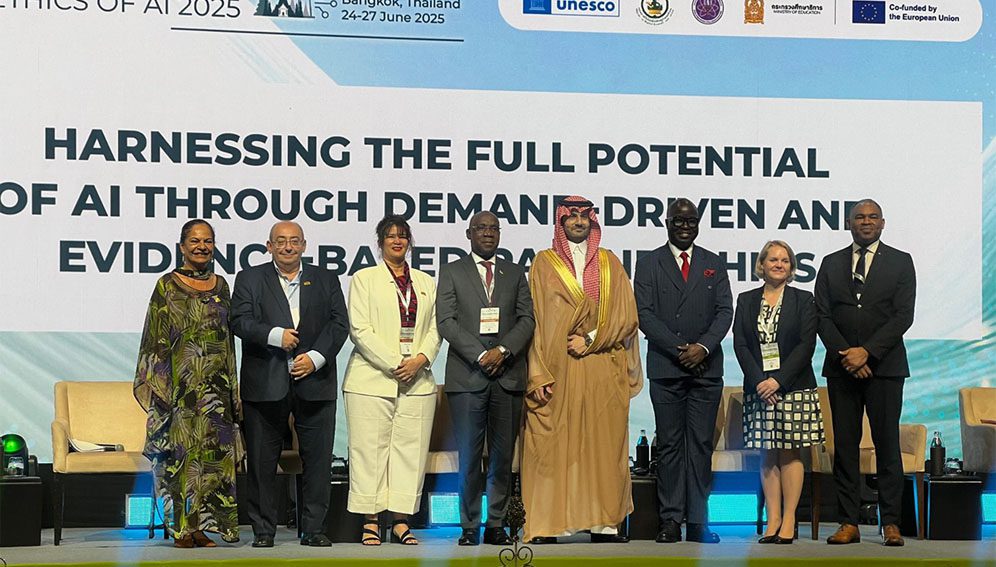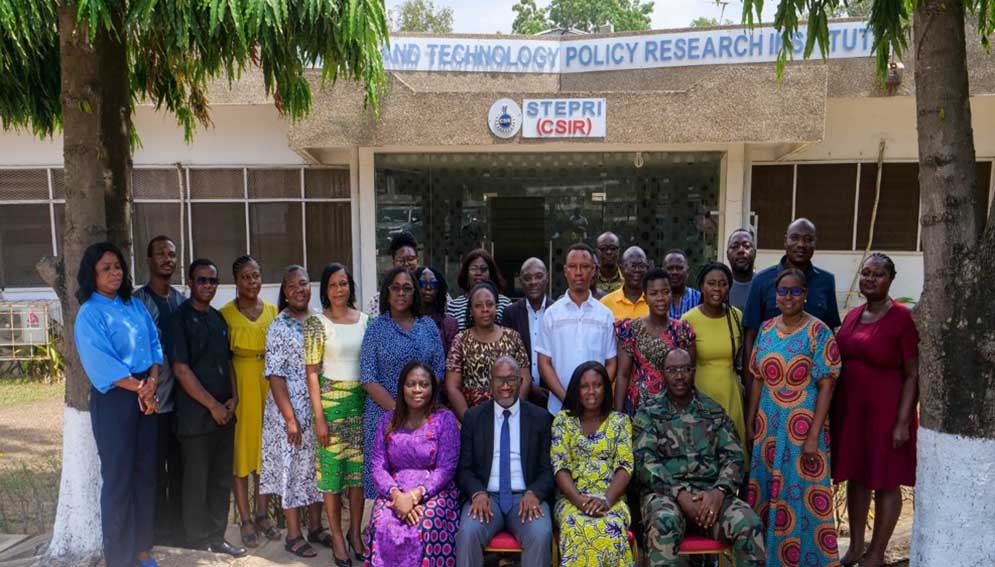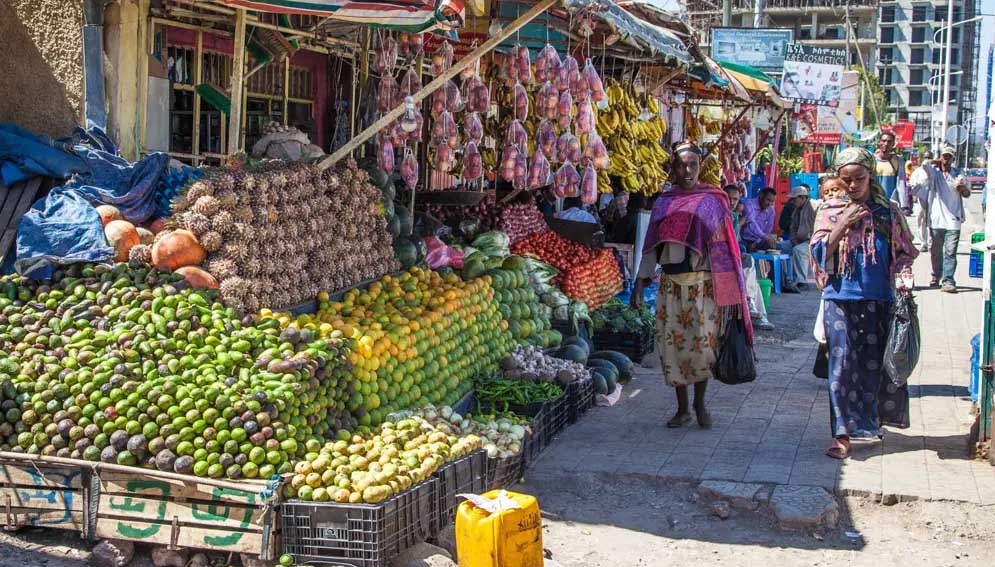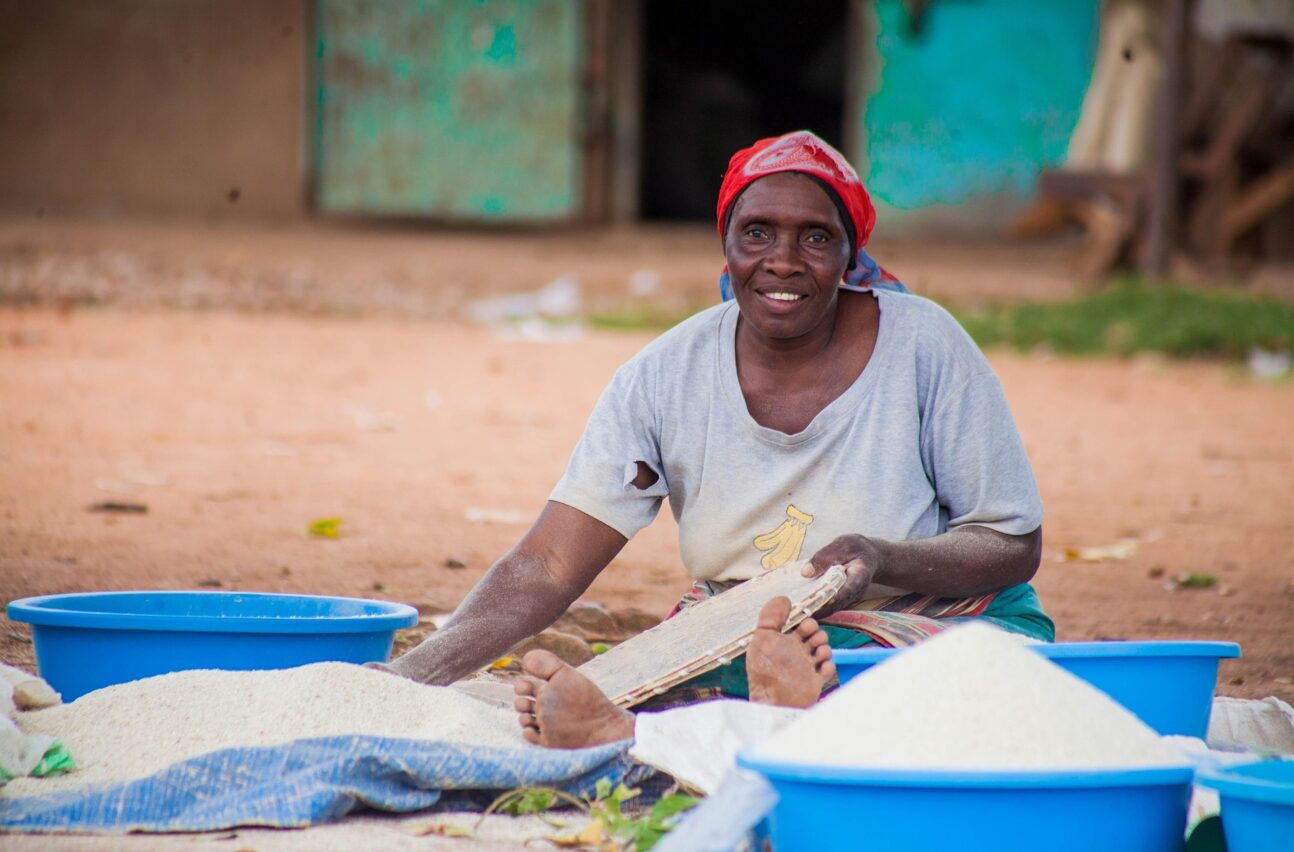SGCI News
Professor Anicia Peters, CEO of the National Commission on Research Science and Technology in Namibia was interviewed during the 2024 Annual African Science Granting Councils Meeting in Gaborone, Botswana. Professor…
Professor Anicia Peters, CEO of the National Commission on Research Science and Technology in Namibia was interviewed during the 2024 Annual African Science Granting Councils Meeting in Gaborone, Botswana.
Professor Anicia Peters, CEO of the National Commission on Research, Science, and Technology (NCRST) in Namibia, underscores the importance of flexible research funding that adapts to changing national priorities. She highlights key areas for focus: food security, energy, and rare earth mineral beneficiation. To build a robust funding framework, she identifies three critical factors—broad funding themes, cross-country collaboration, and capacity building.
Key Initiatives
To drive innovation, Namibia has joined the newly established African Innovation Agencies network, which connects agencies across the continent. This initiative promotes startup incubation, capacity building, and knowledge exchange, accelerating Africa’s innovation and development.
Through NCRST, Namibia supports research in key areas, including healthcare AI, food systems, waste management, biomass, and green technologies. Leveraging the Science Granting Councils Initiative (SGCI), NCRST funds projects like AI-powered diagnostic tools for early disease detection, improving healthcare outcomes.
Building Partnerships
Namibia has signed a Memorandum of Understanding (MOU) with Zambia and Zimbabwe to co-fund and implement joint research projects. Strengthening intra-African collaboration is crucial to developing sustainable research ecosystems and reducing reliance on North-South partnerships.
Professor Peters notes that small seed grants can help attract further investment and expand partnerships. However, she stresses that African governments must commit financial resources to ensure equitable participation in global research collaborations.
Increasing Visibility & Global Influence
The Professor says investment in research enhances national confidence and attracts global funders. She said Namibia has gained visibility at the United Nations, African Union, and international forums and has positioned itself as a key player in science, technology, and innovation.
Professor Peters co-chairs the AU’s Fourth Industrial Revolution (4IR) working group, helping shape Africa’s Artificial Intelligence (AI) and technology strategy.
Outlook & Priorities
She highlights the importance of strengthening SGCIs through financial planning, co-financing, and expert exchange programs. She also discussed the need to leverage AI and 4IR technologies in areas like green hydrogen and healthcare. Expanding internal and national policy advisory capabilities.
What were her expectations from the meeting in Gaborone? She hoped to secure financial commitments for Phase 3 of the SGCI. Planning future partnerships was a key priority, and strengthening institutional frameworks for research and innovation was another.
Watch the full interview to hear Peters’s insights on strengthening institutional frameworks for research and innovation.
Related News
Namibia takes lead on ethical AI
As artificial intelligence (AI) continues to shape the global landscape, Namibia is positioning itself as a continental frontrunner in building ethical, inclusive, and well-governed AI systems. A key milestone was the official launch of the Namibian AI Readiness Assessment Methodology (RAM) report presented by the…
A gender project is bridging gaps in research and evaluation in Ghana
Ghana is addressing critical issues in the country’s research landscape by bridging gender gaps in research and evaluation through a gender project. The Ghana Ministry of Environment, Science and Technology, a Science Granting Council is leading the gender project called EQUISTEM. The EQUISTEM project tackles…
Unlocking stronger food systems with African research
[SciDevNet] The 2025 Global Food Policy Report warns that the world could be heading toward another major food crisis. For Africa, the warning is especially urgent. Across the continent, food systems are under pressure from climate change, economic shocks, and political instability. These overlapping challenges…
Research and Resources
SGCI funded projects
Zambia’s top researchers pioneer solutions for climate resilience, food security, economic growth
Project Titles & Institution Areas of Research Number of Projects being funded Project Duration Grant Amount In-Kind Distribution Council Collaboration with other councils





